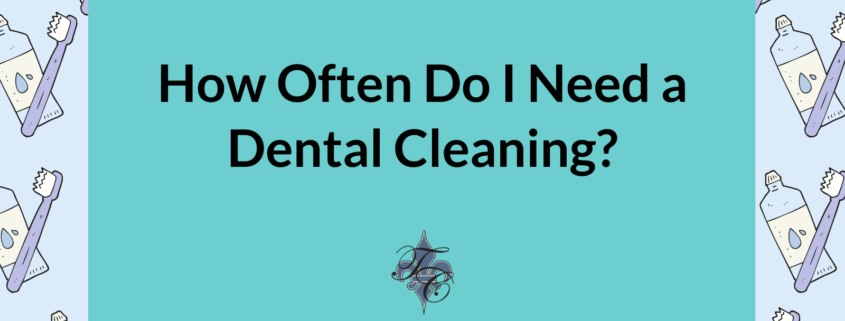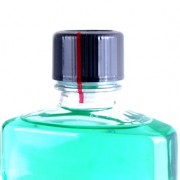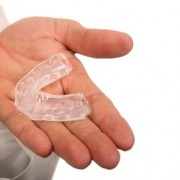How often do I need to get a teeth cleaning?
One of the best things a person can do for their dental health is to prioritize practicing good oral hygiene and keeping routine appointments with his or her dentist. If you have good oral hygiene habits and good oral health, your dentist and dental hygienist will probably suggest professional teeth cleaning at least twice a year. For patients with gum disease, dental cleanings may be necessary every quarter.
Dental cleanings are necessary for everyone, including those with great oral health. Even if you brush and floss correctly, you still need to have routine cleanings. A dental cleaning provides much more protection from destructive oral conditions than oral hygiene alone. Cleanings remove substances that cannot be cleaned away with brushing and flossing. During dental cleanings, a dentist or hygienist will measure the depth of periodontal pockets (the space just between the base of a tooth and the gingiva). If these pockets are too wide or deep, it could indicate that a patient has gum disease. Having cleanings every six months greatly improves the chances that a patient’s gum disease is detected in its earliest stages.
Tartar and plaque form in the mouth at different rates and can lead to periodontal disease that can cause inflammation of the gums (gingivitis) or the bones (periodontitis) that surround and support the teeth. Once these conditions have developed, they can be challenging to treat. The best protection is prevention, with regular teeth cleanings, avoiding smoking, and practicing good oral hygiene by brushing and flossing regularly at home.
What Can I Expect During a Teeth Cleaning?
During a teeth cleaning, a dentist or hygienist will evaluate your overall health and oral hygiene. They will check for any tooth decay, root decay, and gum or bone disease. Any surface stains or deposits of plaque and tartar on your teeth are removed with tools including a tooth polisher and a scaler. Tooth polishers buff teeth and eliminate tiny pieces of plaque. Scalers look a bit like metal hooks and are used to remove calcified plaque (tartar).
What you can do to prevent gum disease and tooth decay:
There several things you can do to improve your mouth’s health and decrease your chances of dental problems.
- Scheduling routine checkups and cleanings
- Brushing 2-3 times a day
- Flossing once a day
- Using mouthwash once a day
- Brushing in soft and gentle circular motions
- Using the correct type of toothbrush—preferably one with soft bristles that is ADA-approved
Every day, your mouth has to battle oral bacteria and the effects of the foods/beverages you consume. As you eat, food particles are smashed in-between your teeth. Acidic drinks such as fruit juice or soda can wear away enamel over time while sugar serves as a food source for bacteria. As bacteria feed on sugar molecules, they release acids, which soften tooth enamel.
Since our gums and teeth must contend with a hostile environment, it’s imperative that all patients commit to practicing meticulous oral hygiene and receive dental cleanings twice a year. Keeping appointments with your dentist can help detect oral health concerns in their earliest stages, which is when they are easier and cheaper to treat.
If it’s time for a checkup or cleaning, give our Lafayette dental office a call at (337) 234-2186 to schedule an appointment with Dr. Chauvin.









